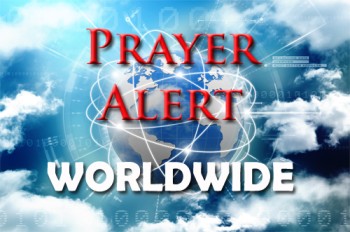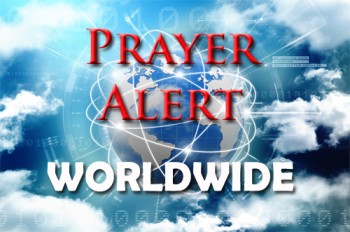Displaying items by tag: food insecurity
North Korea: food shortages
North Korea is teetering on the brink of famine. Their official newspaper urges economic self-reliance, arguing that relying on external aid to cope with the food situation would be like taking ‘poisoned candy’. A US thinktank said North Korea is reeling from floods, typhoons and global sanctions over its nuclear programme and is on the brink of famine. Food insecurity is at its ‘worst since the 1990s famine’, and food availability is likely below the bare minimum for human needs. Experts say the current food shortages, triggered by poor harvests amid extreme weather conditions, have been exacerbated by lockdowns and a sharp reduction in trade with China due to border closures during the pandemic. Pyongyang called for an ‘urgent’ meeting of the Workers’ Party on agriculture this month. It is rare for such a special meeting. They have also reduced daily food rations to soldiers for the first time since 2000.
Global: hunger - no time to lose
Hunger is stalking the world. In 2017 the UN vowed to eradicate it by 2030. Yet the number of people affected globally reached 828 million last year, and an unprecedented 345 million are currently experiencing acute food insecurity. Since May 2020 there has been a 55% increase in the food price index. The head of the World Food Programme said, ‘We thought it could not get any worse’ - but the Ukraine war has worsened freight and fertiliser costs due to rising fuel prices, and has blocked ports. Ukraine and Russia previously accounted for almost one-third of global wheat exports. Many middle-income countries have spent large parts of their reserves due to the pandemic. Even in wealthier countries, more parents are going hungry to feed their children. In low-income countries rising prices are deadly. Around 2.3 billion people face moderate or severe difficulty obtaining enough to eat, which could result in social unrest and political violence.

